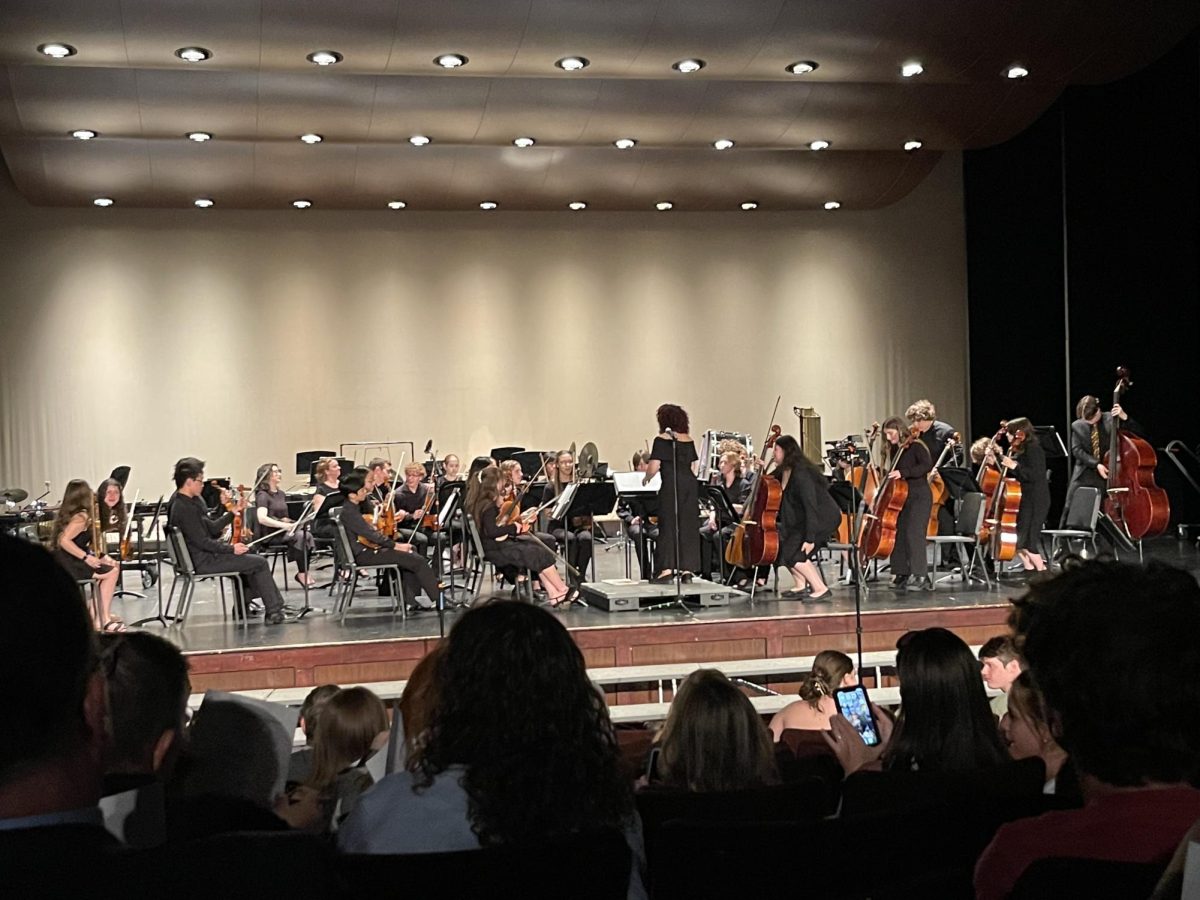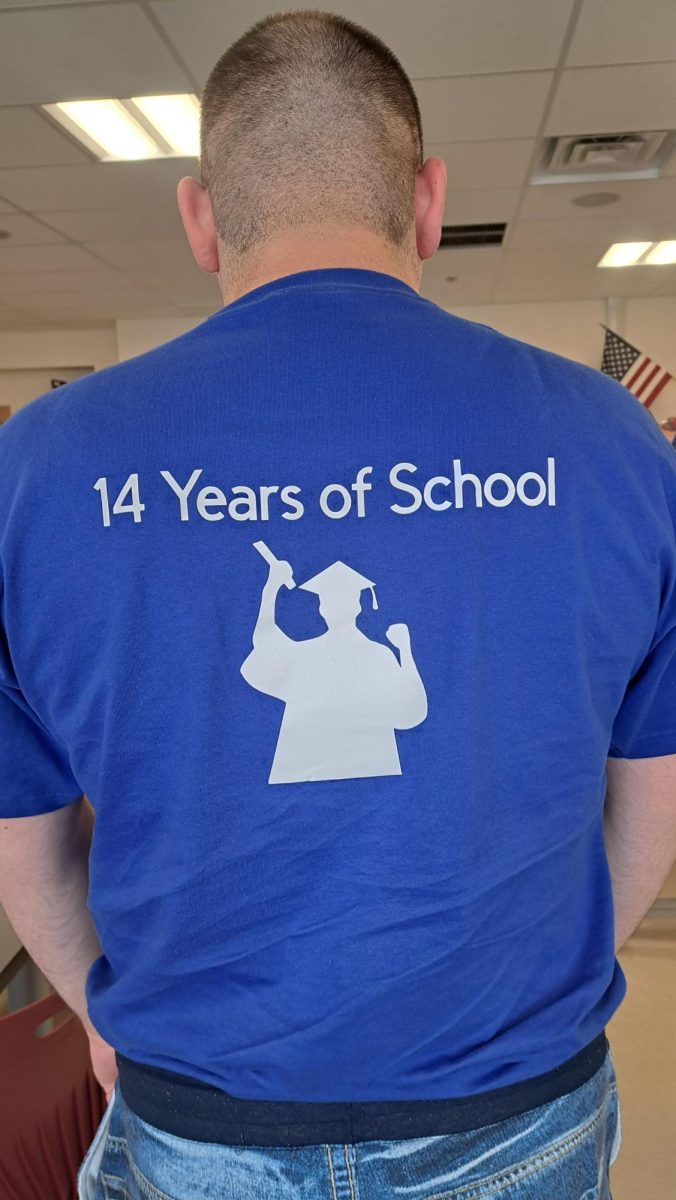In New York State, it is required that students complete and pass a certain sequence of course work in order to successfully graduate. This includes, besides traditional social studies, science, math, and English core curriculum, additional classes in economics and government. Both of these courses tend to be half credits, according to the New York State Education Department. These additional credits have sparked conversation regarding their necessity over the years. Critics worry about feasibility and heavier workloads on students, while proponents acknowledge the valuable, tangible skills students can reap.
One of the most compelling arguments for mandatory government and personal finance classes is increased financial literacy and social awareness among students. With adulthood and independence fast approaching, it is crucial for high school students to begin to understand budgeting, saving, investing, and managing credit.
Lynn Mizgala, a senior at New Hartford High School who is currently taking both AP Government and AP Macroeconomics, emphasizes, “Many of us are about to join the workforce or begin college, and handling finances is becoming more critical by the day. It’s not something we can afford to explore through trial and error.”
Civil engagement is another significant benefit. Government classes educate students on the structure and intended functions of governments, ranging from local to federal, and foster deeper understanding of rights and responsibilities of citizens.
Jasper Kyle, a senior at Manlius Pebble Hill, notes, “Many students senior year are 18, and were able to vote in this election. Government classes assist with making educated decisions, and can even prepare students who intend on pursuing government based careers, or pursuing the pre-law track.”
Despite the numerous benefits, major concerns include curriculum overload and implementation challenges. Many students already have four required core classes per year, and adding on two others could limit students’ ability to pursue electives or other interesting subjects.
“Students already face a lot of pressure, especially junior and senior year which is when most students take these courses,” states Lynn Mizgala.
Overall, the decision should carefully balance these factors, in order to make sure the requirement actually benefits students and prepares them for adult life.





























